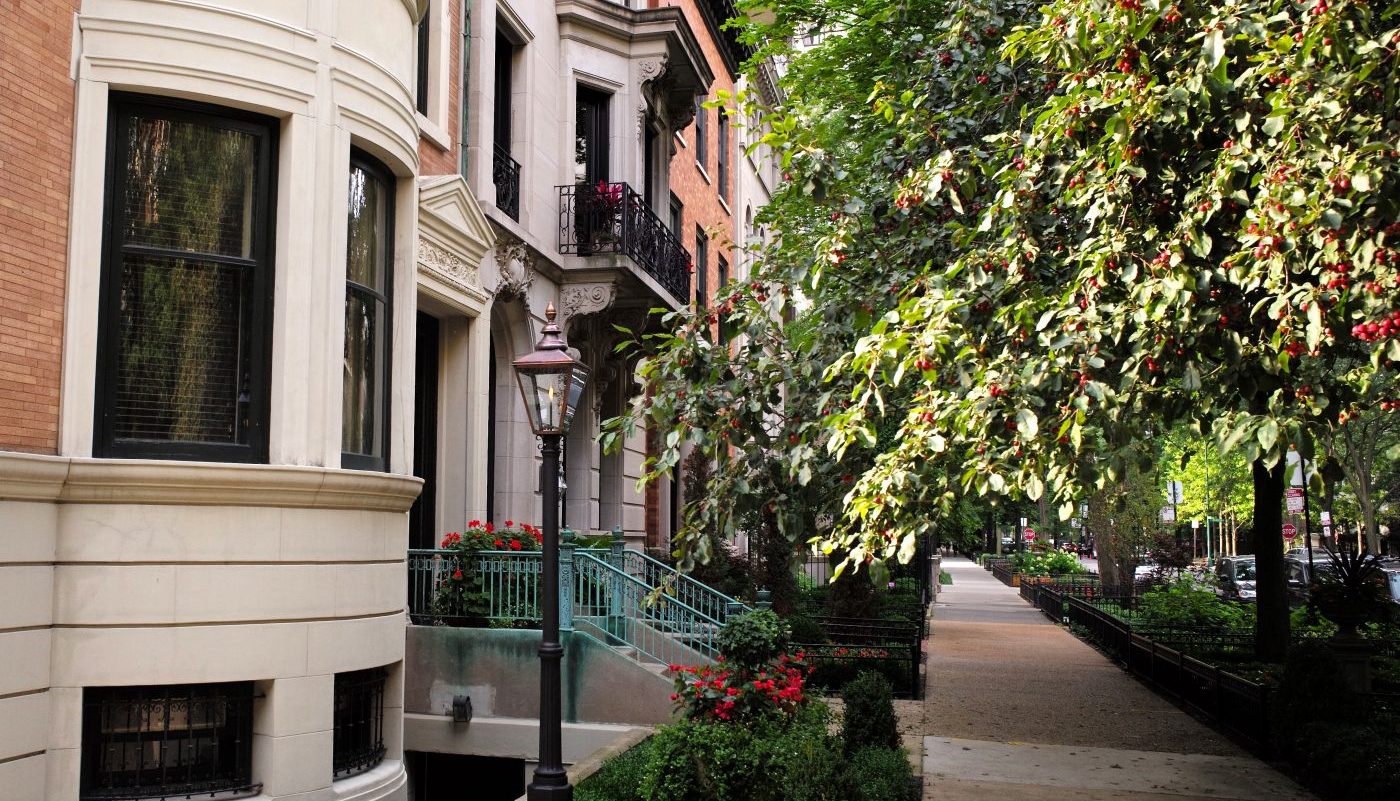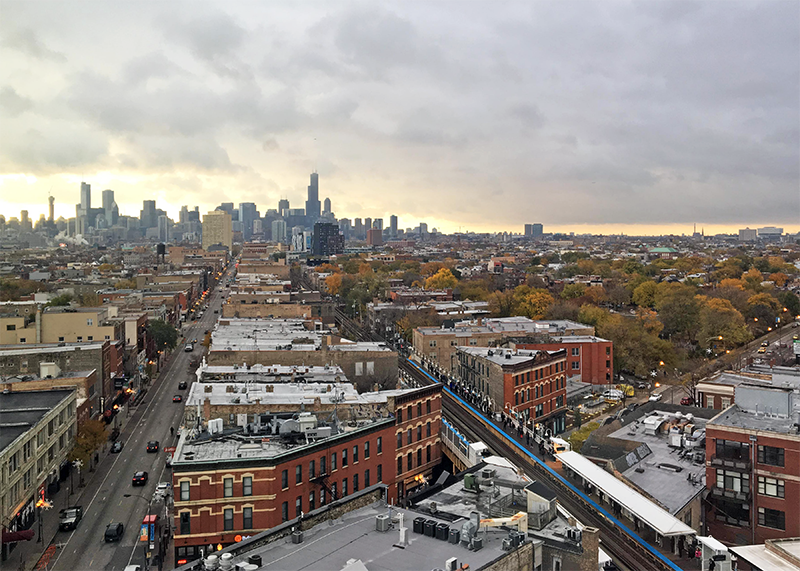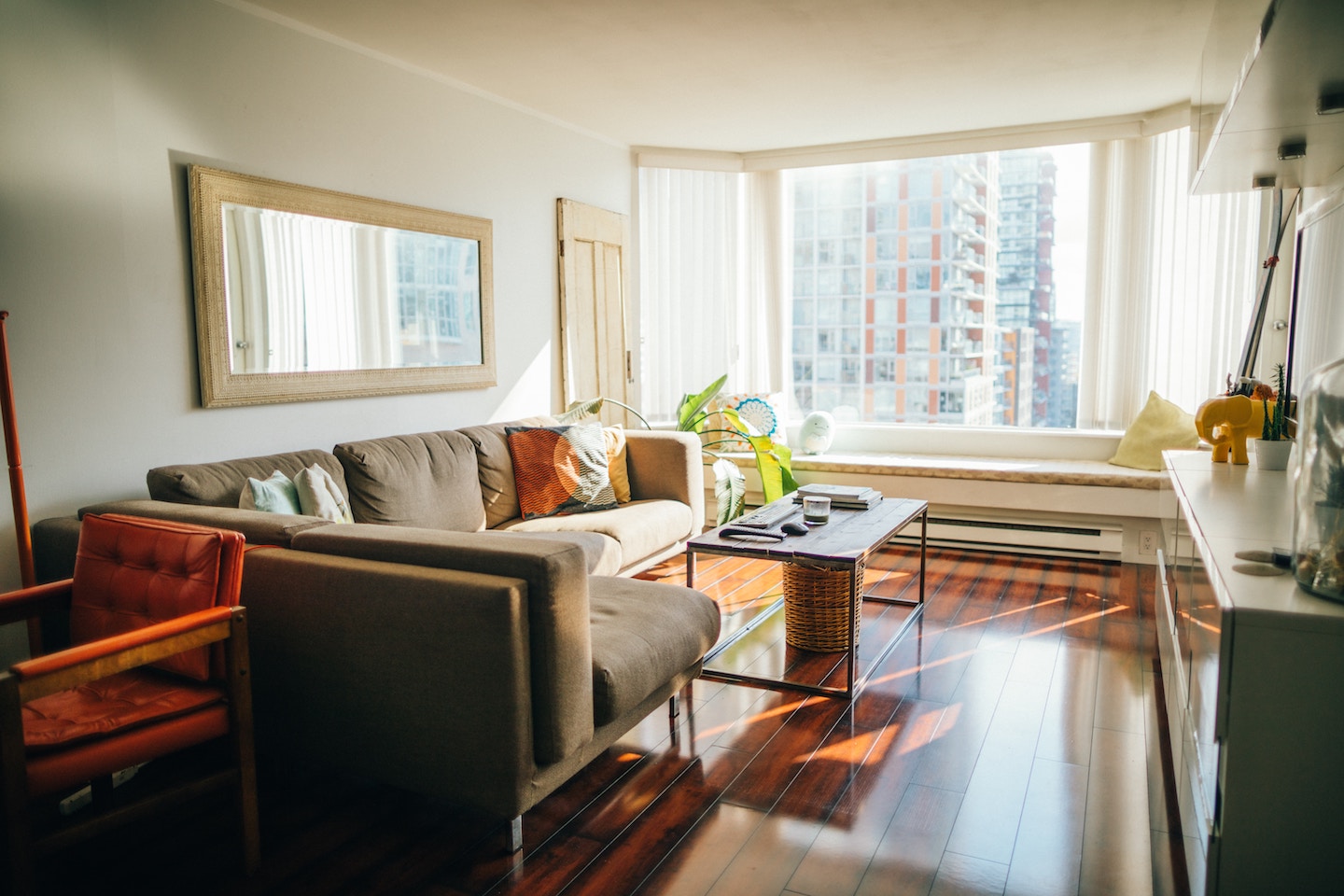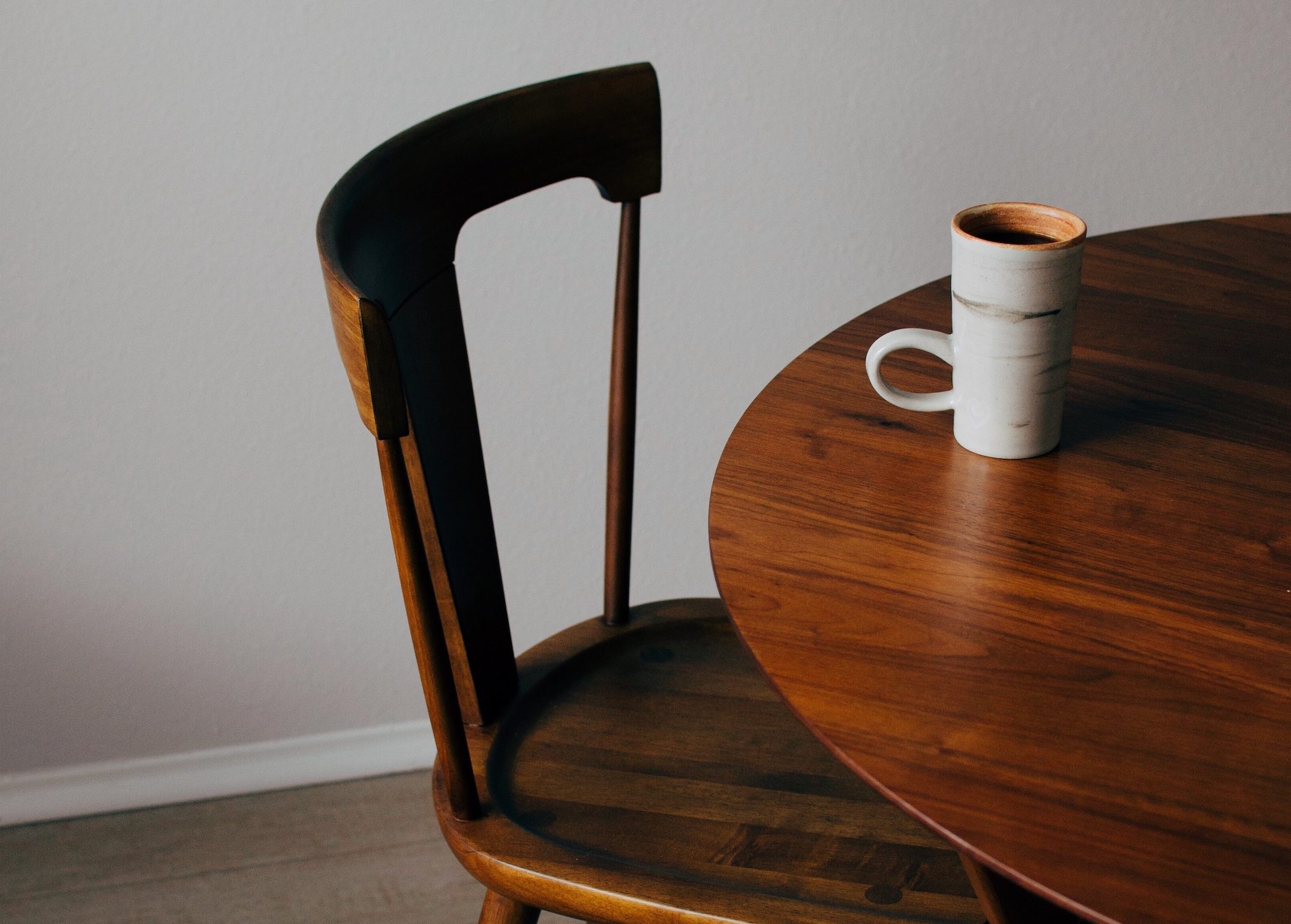Condo renovations can help transform a house into your dream home. These projects also have the potential to increase the value of your property drastically.
If you’ve questioned whether or not you can renovate a condo, then keep reading.
Whether you have experience with home renovations or this is a new venture, rest assured that the Luxury Living team is here to share how to remodel a condo and what you need to know beforehand.
Condo Renovations That Improve Your Home Value
Renovations have great potential to maximize your property’s worth. Improving your condo’s value can help ensure a return on investment if you decide to resell your property.
Check out some of the best condo upgrades to improve your home value:
- Kitchen: According to real estate experts, the kitchen is the most significant upgrade. Many new home buyers rank ‘modern kitchen’ as a top priority in their house hunt. Invest in refitting this area with brand new quartz countertops, refitted cabinets, and stainless steel appliances.
- Hardwood Floors: Floors are also a major selling point for your home. While hardwood floors may cost more out of pocket, they prove to be a worthwhile investment by helping units sell faster and for higher prices. There’s nothing worse than bad, outdated carpet.
- Bathroom: The bathroom speaks volumes to potential homebuyers. It is worth your dime to upgrade the cabinets and other features throughout your bathroom. Good news is that these upgrades tend to run at a much lower cost compared to kitchen renovations.
- Paint: Even a fresh paint job can work wonders for increasing the value of a condo. Play it safe and stick with a neutral color scheme. Whites and off-whites remain the top-selling interior colors and appeal to most homebuyers.
What You Need to Know About Condo Renovation Rules
Homeowner associations (HOAs) are responsible for managing condo communities. These associations have tight control over establishing rules that unit owners must follow, especially when it comes to remodeling.
Condo owners are often under many more rules when it comes to remodeling a unit than single-family homeowners.
Before beginning any renovations, it is critical to examine your HOA’s condo renovation rules to see what is permissible. You can find these guidelines laid out in the CC&R (covenants, conditions, and restrictions).
Condo owners considering remodeling often inquire if they can remove a wall in a condo. Generally, the answer is ‘yes.’ However, the unit owner must first go to the HOA board for approval.
Unit owners require permission to remove a wall is because it is considered a structural change.
So what exactly is a structural change in a condo?
In many HOA bylaws, when defining structural change, a standard clause reads, “Nothing shall be done in any unit or on the common areas which may impair the structural integrity of the building or which may structurally change the building.”
Essentially, a structural change involves changing your condo unit’s original floor plan and knocking down walls.
Anytime you change your unit’s layout, you need to run your design plans by HOA to ensure the safety of your unit and the entire building.
How to Use Condo Remodeling Contractors
Teaming up with condo remodeling contractors helps optimize the outcome of your home renovations. It also saves you time and stress associated with home improvement projects.
However, before moving forward with a contractor, you need to find a good fit.
Narrowing down a suitable contractor involves finding one who you trust and one who fits into your condo renovation budget.
Do some research beforehand and get recommendations. Speak with local real estate experts or friends to help find someone with a good track record. If no one in your circle of friends has a referral, check in with the National Association of the Remodeling Industry for a list of reliable members in your area.
If you think you’ve found your potential hire, meet for an in-person interview to be sure the contractor is a good match before making anything official.
Once you’ve secured the right person for the job, ensure that the contractor is up to speed with your HOA’s renovation rules and regulations.
The final step before contractors can begin residential contractor condo work is putting everything in writing.
Write up a contract that details every phase of the project: payment schedule; proof of liability insurance and worker’s compensation payments; a start date and projected completion date; specific materials and products to be used; and a requirement that the contractor obtain lien releases (which protect you if he doesn’t pay his bills) from all subcontractors and suppliers.
What Are Condo Flooring Requirements?
Homeowner associations often implement condo flooring requirements to minimize noise complaints and keep residents happy.
Hard-surfaced floors can lead to noise nuisances and frustrations from the downstairs neighbors.
Therefore many HOAs include restrictions on hard surface flooring in the rules and reference sections of the CC&Rs to ensure quiet flooring for condos. There may also be an adoption of guidelines as to what an owner can do to get approval for hard surface flooring if possible.
If you are considering tearing out that old carpet and replacing it with beautiful hardwood, be sure this condo renovation follows the HOA’s guidelines.
Laminate makes one of the best floorings for condos. This material looks as beautiful as hardwood, but is more affordable and know for its soundproof qualities.
Vinyl is another popular option that tends to provide the quietest flooring option.
Before moving forward with any home improvement project, be sure to understand and follow your HOA flooring rules to avoid conflict and complaints.
Can You Convert One Bedroom Into Two in Your Condo?
If you want to convert one bedroom into two, be sure to check out your condo HOA’s CC&Rs. Odds are you will need to get approval from the board before moving forward with the remodeling, especially since it is a structural change.
When examining what is considered a structural change in a condo, it is clear that if you add an extra room to your condo you will be changing the original floorplan of your unit and knocking down walls.
Before making any structural change, remember that you need to run the project pass your homeowners association to avoid fines or court. Many associations ask homeowners to file an architect’s plan for any alterations on a unit.
While it is likely that your HOA will allow this structural change, they need to be in the loop during this process, especially if it will be a loud and possibly disruptive project.
Homeowners associations generally try to grant unit owners as much freedom as possible, as long as they don’t upset or violate the rights of community members.
Renovating a condo provides an exciting opportunity for homeowners to bring their dream house to life. Begin your property’s transformation today!


















